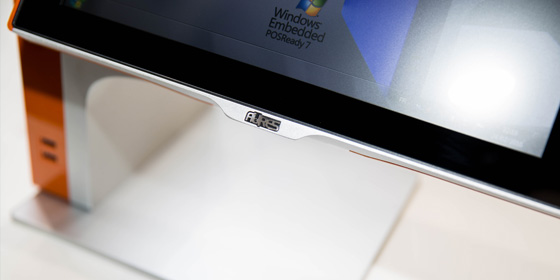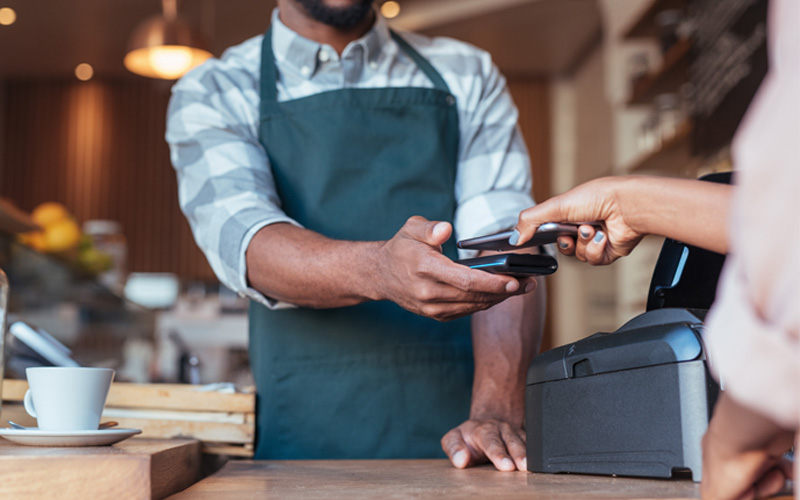How much does sustainability matter to the average diner? We all know that so-called ethical consumerism has had a major impact on retail, but less seems to be said about it in the hospitality trade.
However, a survey carried out a few years back found that nine out of 10 people said they would be more likely to go to a restaurant that publicised its environmental impact and the provenance of its food. Moreover, a huge 95% said they expected sustainability issues to exert even more of an influence on their decision-making in the future, while two-thirds even said they would be prepared to pay more for a meal if a restaurant could demonstrate its green credentials.
So what does EPOS have to do with any of this? Well an EPOS system might not be able to turn your hospitality business into a carbon-neutral lean green machine all on its own, but it can do a few things to help. Here are three examples.
Cutting down waste
Food waste isn’t just an environmental issue, it is costing restaurant operators huge sums of money – in fact, the benefit-cost ratio to reducing food waste has been calculated to be a massive 7:1, or a 700% return on anything you invest in waste-reduction initiatives. If you want to tackle waste effectively, it helps to have a clear and detailed understanding of the causes, and that’s where EPOS comes in. Your restaurant EPOS logs dishes and drinks sold, capturing in-depth data which can be cross-referenced to your inventory and purchasing. This can help you see very quickly if you are buying too much of certain ingredients for dishes that just aren’t selling that quickly, meaning unused stock eventually has to be thrown out.
Empowering customers
Your EPOS is no longer just a till used to process orders and payments, it also has the potential to be used as a powerful service tool. In the case of Mobile POS (M-POS) tablets and self-service kiosks, these can quite literally be put in the hands of the customers. Imagine replacing menus with tablets or fixed touchscreen mini-kiosks at each table, and all the information you’d be able to include about each dish that you simply just couldn’t fit on a paper menu. Any customer interested could simply click on an item and read about things like nutrition and allergy advice, but also about provenance, food miles, whether ingredients are organic or not. That way, they can make a more informed choice about the meal they are about to eat.
Supporting paperless
Replacing paper menus with touchscreens would also be one way to cut down on the use of paper in a restaurant. The real issue with paper is with the stuff that is thrown away – the printed receipts and the handwritten order sheets. EPOS can cut down the use of paper in several ways, from waiting staff taking orders on M-POS tablets to connecting with a digital CRM system and sending receipts by email.




